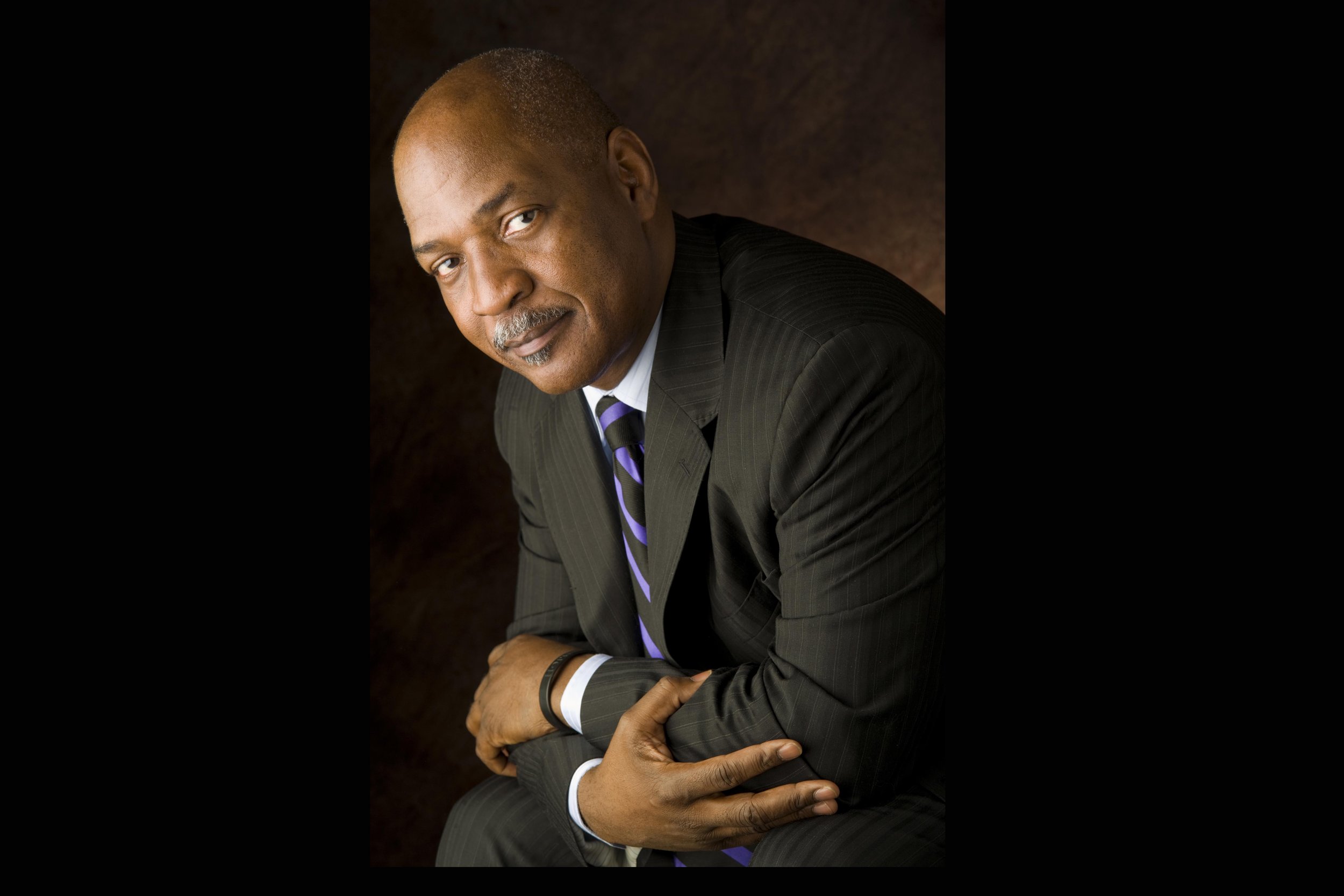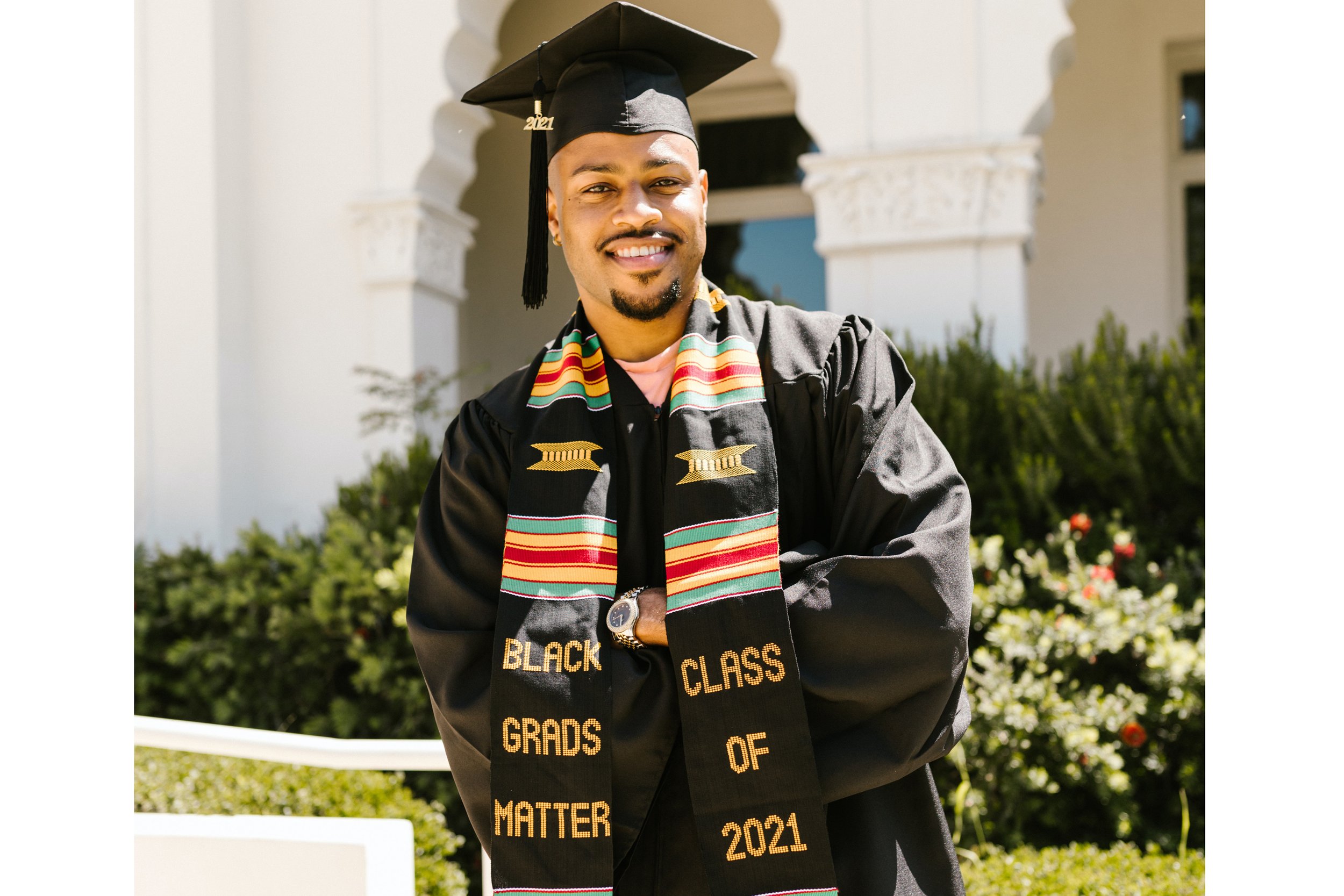The Moral and Economic Answer to NYC’s Homelessness Isn’t Shelter, It’s Housing
The surge in New York City's homeless population, exacerbated by the expiration of pandemic-related measures, poses a critical challenge, with numbers reaching unprecedented levels. Christine Quinn urges upholding the "right to shelter," faster transitions to permanent housing for cost savings, and collaboration to address the multifaceted crisis.
Can AI Be Fair and Unbiased?
OPINION COMMENTARY:
Artificial Intelligence seems to be everywhere, from the agenda of world leaders to the limited series-style boardroom drama at OpenAI. Harvard Fellow, Paulo Carvão, discusses the challenges and importance of fair algorithms to ensure responsible and unbiased AI use.
Keeping Alive the Legacy of Legal Trailblazer Charles Ogletree
Esteemed Harvard Law professor and civil rights lawyer, Charles Ogletree Jr., died on August 4, 2023. Former Transportation Secretary and Harvard ALI fellow, Rodney Slater, recalls Ogletree's remarkable career, including his role in the creation of Harvard's Advanced Leadership Initiative (ALI), and the Charles Ogletree Black ALI Association (COBALI).
Accelerating a Just Transition to 1.5ºC: Mobilizing Climate Finance through High-Integrity Carbon Markets
Global demand for high-integrity carbon credits is significant. However, current voluntary carbon markets lack transparency, consistency, and high-quality standards, hindering their potential contribution and impact on climate change. Annette Nazareth is spearheading the Integrity Council for the Voluntary Carbon Market focused on more efficiently mobilizing finance toward mitigation and climate resilient development with greater speed and scale.
Shared Responsibility for Climate Change: Who Should Fund the Solutions?
One way to mitigate the global climate crisis is to help developing countries build a carbon neutral energy and industrial infrastructure. This, however, requires both money and technology, resources possessed largely only by developed countries. In this article, Rajan Mehta analyzes the issue of emissions responsibility and suggests a pragmatic approach to limit climate change and reduce its impact.
Empowering Drivers: Tech Tools for Safer Traffic Stops
OPINION COMMENTARY:
If you get pulled over, chances are you won't recall your rights due to the stress of dealing with the police. Anthony J. Mohr proposes a way to provide a rapid review of the dos and don'ts during traffic stops, potentially saving lives.
Negotiating Peace: Lessons from Colombia´s Historic Peace Accord
The agreement between the Colombian government and the FARC (Revolutionary Armed Forces of Colombia) exemplifies purposeful, multi-year negotiations where incremental alignment led to peace. Former High Commissioner of Peace during the Santos Presidency, Sergio Jaramillo, shares the highs and lows, along with important lessons from the negotiation process that ultimately ended the armed conflict.
The Social Impact of Parking Your Car
Parking your car has significant social implications that few of us consider. Henry Grabar discusses his latest book, Paved Paradise, where he describes the societal and economic impact of our parking policies, which encompass fines, valets, garages, permits, and more.
Rapid Development of New and Affordable Medical Treatments
Did you know that there exist inexpensive generic drugs and supplements that might be effective as novel treatments for many diseases? Yet, pharmaceutical companies lack financial incentives to develop them. Could the creation of a federal agency designed to fund and oversee such efforts lead to new affordable treatments for unmet medical needs?
Artificial Intelligence and the Path Forward for Technology Policy
Chris Lewis, CEO of Public Knowledge, answers questions from 2019 ALI Fellow Lisa Macpherson about the current public fascination with generative artificial intelligence, the policy solutions we really need for AI, and the regulation for digital technology that’s way overdue.
Inspiring and Shaping Future Social Impact Leaders
A conversation with Brian Trelstad, newly appointed Faculty Chair of Harvard’s Advanced Leadership Initiative. A Senior Lecturer at Harvard Business School, Trelstad discusses his vision, priorities, challenges and goals as he takes over as the third Faculty Chair of the first interdisciplinary academic fellowship program created for experienced third stage leaders to help them address society’s pressing challenges through social impact strategies and projects.
Helping Youth Facing Barriers to Employment: When Small is an Advantage
Small organizations can often provide the most effective approaches to helping youth who face serious barriers to employment. Andrew McKnight, Executive Director of The Challenge Program and CP Furniture, describes the advantages of being nimble and innovative, along with the realities and challenges of being a small nonprofit working with this population of youth.
Adaptive Evaluation for Innovation and Scaling
The scaling of innovations in development often involves system transformation. Siddhant Gokhale and Michael Walton delve into how using an Adaptive Evaluation framework offers practitioners essential tools to drive impactful change through informed actions.
Babcock Ranch — Shelter From The Storm
Hurricane Ian wreaked historic devastation in Southwest Florida one year ago, highlighting the threat of violent storms amplified by climate change, but the solar-powered community Babcock Ranch was unscathed due to comprehensive sustainability and resilience planning. David Cifrino and Luis Perez tell the story of Babcock Ranch, including in the words of its visionary founder, Sydney Kitson.
Democracy and “We the People” — How Responsible Citizens and Bold Ideas Can Bring about a Brighter Democratic Future
There is significant concern about threats to democracy and the potential for an increasing move toward authoritarianism around the world. Archon Fung, Director of Harvard’s Ash Center for Democratic Governance and Innovation, is optimistic about the future of democracy and believes there is much individual citizens can do to assure that democracy remains healthy and vital.
Facing the Future: The Urgent Need for Innovation in Higher Education
Former college president Brian Rosenberg explores the pressing need for change in higher education and why the industry is resistant to even discussing the crisis it faces. He paints a stark picture of an industry at a crossroads, highlighting the urgent need for innovation, adaptation, and a reevaluation of structures and practices to continue fulfilling its essential societal role.
AI Can Make Schools More Human, But Only If Schools Prioritize Relationship Metrics
Despite promises of efficiency leading to more focus on relationships between and among teachers and students, AI is on track to dramatically worsen student isolation – unless schools reconfigure their organizational models and metrics to elevate, rather than diminish, human relationships.
SCOTUS Opinions on Student Admissions and Debt Harm Our Economy
OPINION COMMENTARY:
Achieving racial equity has gone beyond a moral imperative to become an economic imperative for this nation. Peter Williams explains how the Supreme Court’s decisions on affirmative action and student loan debt makes the problem worse.
It Takes A Village: A Multi-Stakeholder Approach to Solving Homelessness in America
OPINION COMMENTARY:
To combat the homeless crisis in America, bureaucratic obstacles that hinder those in need must be overcome. Harvard ALI Fellows Melinda Giovengo and Betsy Schwartz critically examine HUD's Homeless Emergency Assistance and Rapid Transition to Housing (HEARTH) Act and showcase how the Coalition for the Homeless of Houston, Texas has successfully implemented a multi-stakeholder approach.
What Now? HBCUs Are Ready to Respond to the Supreme Court's Decision on Affirmative Action
OPINION COMMENTARY:
When the doors of college were reserved for whites only, Historically Black Colleges and Universities (HBCUs) gave African Americans the education they deserved and the strength to rise above bigotry. In the wake of the Supreme Court’s decisions that throttle affirmative action, 2021 Harvard ALI Fellow Terry Edmonds reminds us of the role HBCUs played in the past and the expanded role they may play now.




















